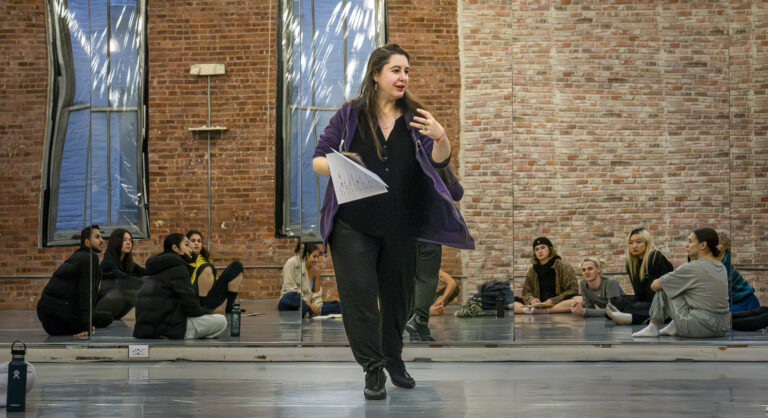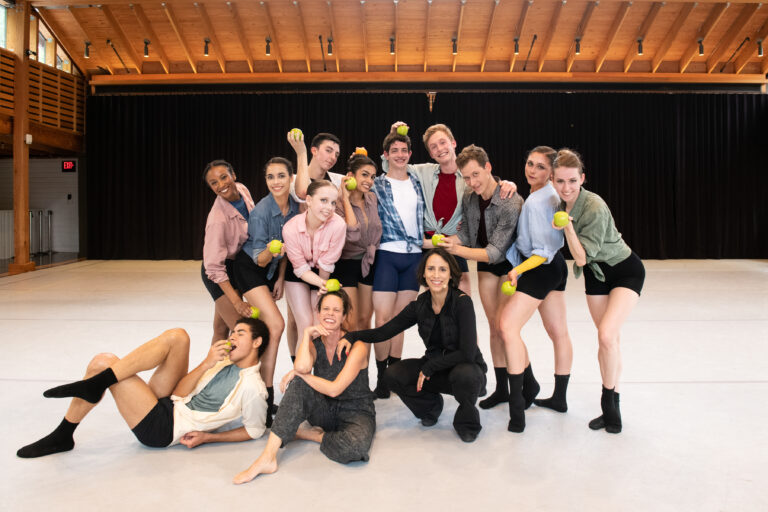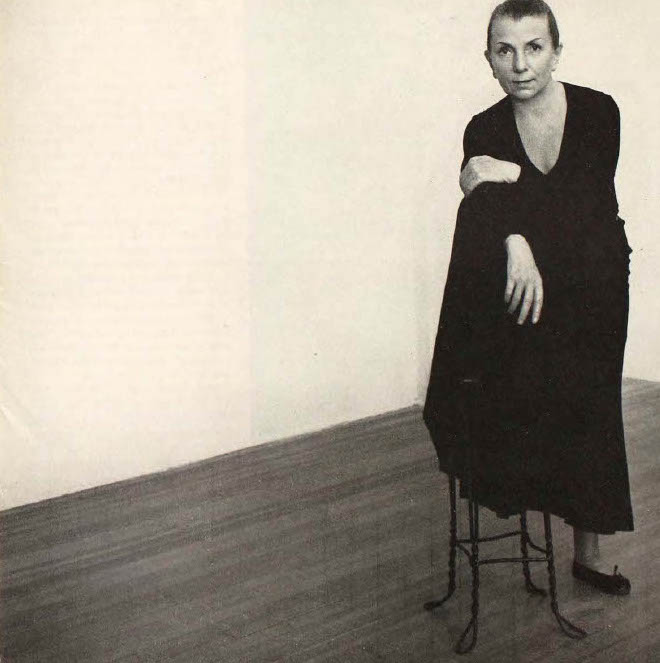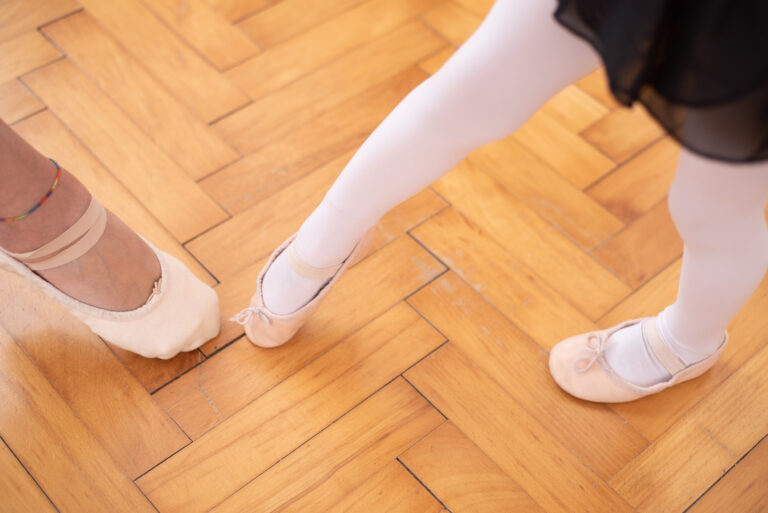
There’s no question that as parents, we only want the best for our kids—and we’ll do nearly anything to help them succeed. But there’s a line, and, as Crystal Carfagno, artistic director of Showcase Dance Studio in Manassas, VA, notes, there are some actions that may seem supportive in the moment but can be detrimental in the long run.
Even minor infractions, when repeated, can be infuriating to teachers or studio owners. So how do you make sure you’re not that dance parent? Avoid these common traits that can take your well-intentioned instincts into full-on “Dance Moms” territory.
You “catch” your child’s teacher in between classes.
“Especially prior to COVID, one of the biggest offenses is a parent coming into the studio right as a class ends to ask how their child is doing,” says Carfagno. “I try to let them know that it’s always best to schedule a conference.”
Don’t try to pull teachers aside for a five-minute conversation—especially if they are running from one class to the next. Not only does it prevent the teacher from preparing effectively for her next group of students, but there’s also a chance it’ll make her late. Instead, scheduling a time to chat lets the teacher prepare for the meeting, which will be best for all involved.
You question your child’s level placement.
It’s important to remember that there are multiple factors that go into placement, from skill level to scheduling. “We also take a dancer’s physicality and maturity into account,” says Carfagno. “If they’re physically not ready for the next level, the dancer could get injured. Or if a class is full of high-schoolers, they’re going to be having more adult conversations that a younger student just shouldn’t be privy to.”
Above all, says Carfagno, it’s crucial to trust that the studio owner is doing what’s best for your child by offering appropriate opportunities to every child. “It doesn’t make good business sense to hold a child back from their full potential. How they progress is a direct reflection of our program. When your child succeeds, we succeed because we’ve done our job.”
You “fix” any disappointments.
“Constantly shielding dancers from hard realities is detrimental to their ability to build resilience, persistence and grit into adulthood,” says Carfagno. She frequently sees parents make excuses for less-than-perfect competition results—blaming the judges or the choreography—or even occasionally yelling at studio owners over casting. “Instead, prepare your dancer for potential failure. It may happen and it’s not a bad thing.”
Carfagno does admit, however, that there is a line between helping your dancer cope with challenges and telling them to improve. “Rather than being accusatory, have a dialogue. If your dancer receives high gold instead of platinum, start a conversation in the car: ‘How did you feel you did today?’ Your dancer might open up and say, ‘I did my best, but I could have pointed my toes more or stretched behind my knees.’ That’s when you can say, ‘It’s great that you can recognize areas you can work on. What might help you?’ Let your child express how they feel, then find the tools to help.”
You compare your dancer to others.
Whether you push your dancer to be like someone else or build up your dancer at another’s expense, either comparison has negative impacts. “It’s best for students to focus on themselves and be satisfied with their own accomplishments,” says Carfagno. Even if a little friendly competition may seem harmless, or if you’re trying to boost the confidence of your typically shy or self-conscious dancer, it’s best to encourage or praise without bringing anyone else into the situation.
You gossip.
In Carfagno’s experience, gossip only leads to misinformation and confusion. “If you’re upset about something, email the office and make an appointment to talk instead of getting half the information—or the wrong information—from another parent,” she says. “Children are sponges, soaking up everything and imitating parents. That’s why it’s crucial to model acceptable, healthy behavior in any setting, but especially when you’re upset or angry.”
You offer your dancer corrections.
Before COVID, Carfagno remembers parents edging their way into the window during parent watch week and giving their dancers corrections with hand signals or pssts! “It was absolutely devastating to a dancer’s self-confidence,” she recalls. Now that parents aren’t allowed in the studio, Carfagno has seen the habit morph. “I tape my students’ solos during lessons so that they can go home and watch and practice at home,” she says. “The next time a student comes back, they say, ‘Well my mom watched it and she said I didn’t look good doing this one part.’ Kids are hard enough on themselves, and social media is only making it worse. They tear themselves down more than anyone. Parents should not add to it.” Her advice? “Unless you’re a professional dancer, leave the correcting up to the teacher or director.”
You ignore studio etiquette.
“If there’s a rule for students, please be respectful of those policies,” says Carfagno. “If or when you’re allowed back in the studio, don’t speak loudly on your phone in the lobby. And if you’re watching classes during parent observation week, keep your phone tucked away for the duration of class.”
You don’t respect the dance teacher’s or studio owner’s boundaries.
Remember that dance studio owners and teachers have their own families. And though they are often willing to go the extra mile—or miles—for students, they are still operating a business and working to support themselves and their families.
Carfagno says slights, in which parents comment on studio owners’ cars or attempt to dictate business operations, are hurtful. “Do these same parents question their doctors’ cars or business practices? I shouldn’t be penalized for making a living. This is a pain point for studio owners—but it’s simple: Please respect our choices and our time.”




